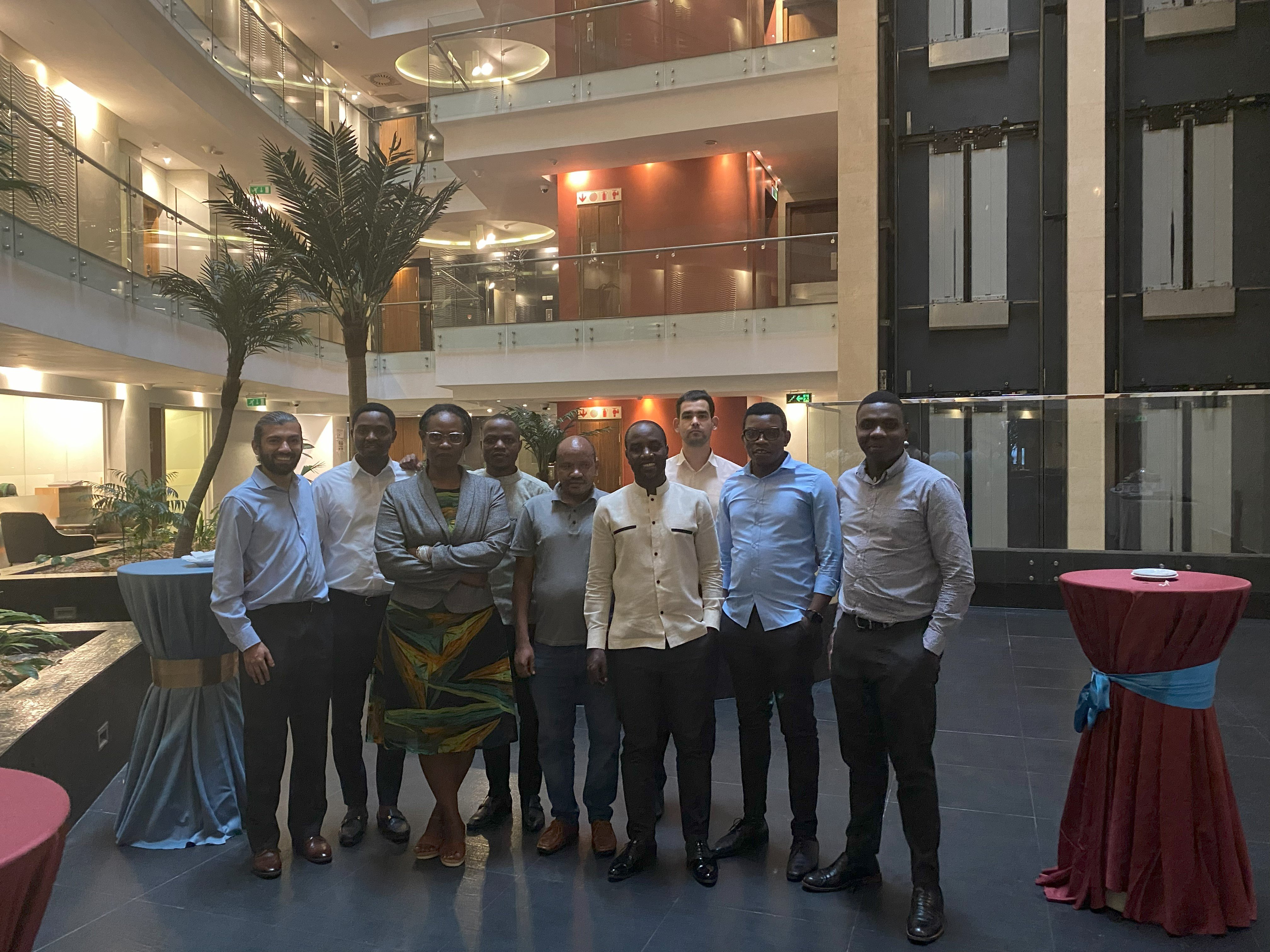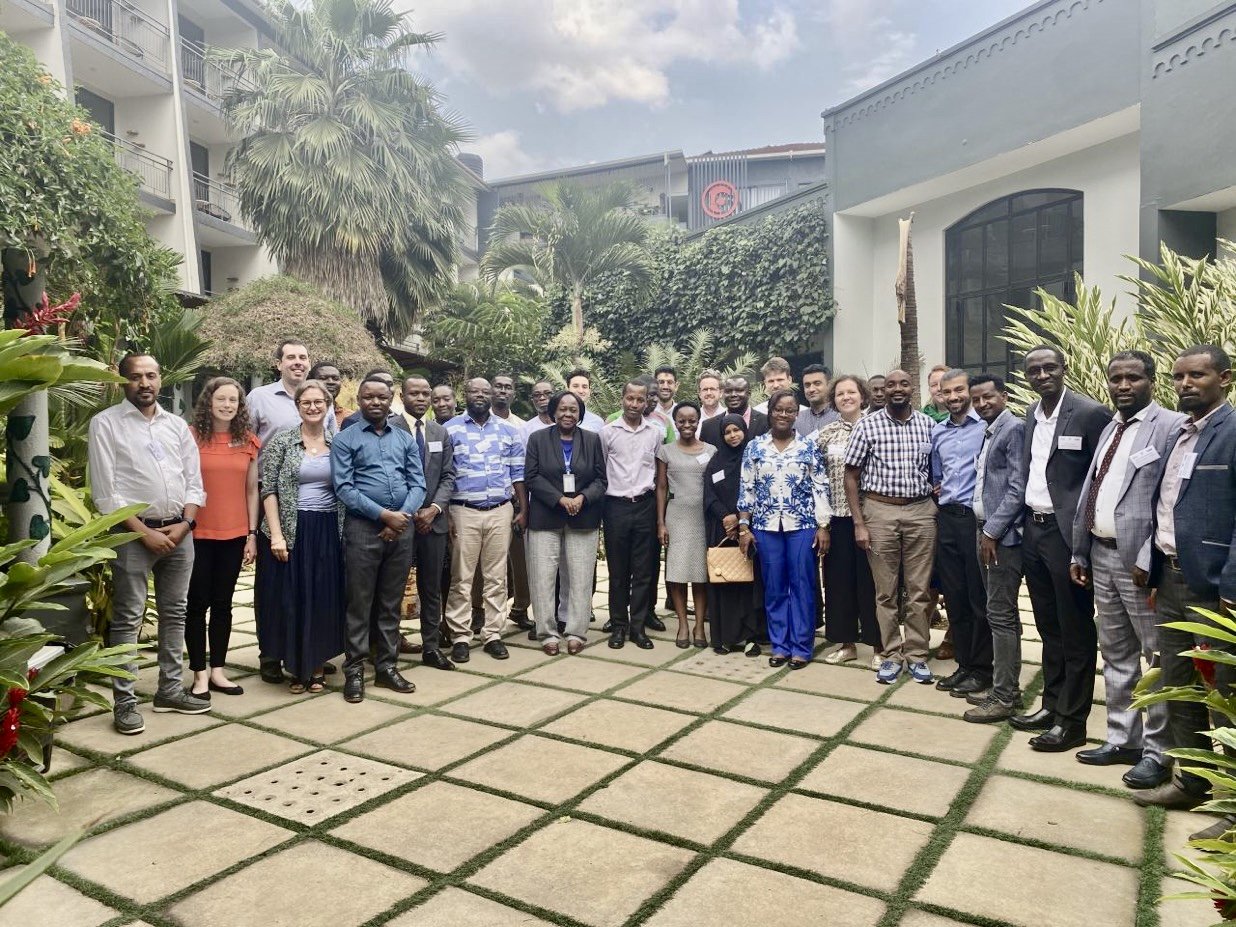Blog
This blog identifies seven key lessons from practitioners on how the Government of Rwanda embedded tax expenditure reporting.
This blog was originally published on odi.org on 29 September 2024 here, and is reproduced with kind permission.
Governments spend through national budgets, but also through the tax system in the form of exemptions, deductions, credits, preferential rates, and deferrals. These provisions in the tax code are referred to as Tax Expenditures (TEs), represented by the revenue foregone from the tax that would otherwise be collected. Regularly estimating and reporting on tax expenditures increases transparency, and can help to promote discussions on whether resources are being used efficiently and equitably, as well as whether specific TEs are meeting their broader economic objectives.
Estimating TEs is a complex exercise that requires substantial data analysis and modelling. At the same time, its communication must be succinct and understandable to a non-technical audience to allow engagement from a wide range of stakeholders. TaxDev’s working paper on tax expenditure reporting in Rwanda and Uganda details challenges, practical guidance and lessons learnt relating to the technical methods of estimation and reporting.
This blog identifies seven lessons centred around the enabling factors which have contributed to the progress made by the Ministry of Finance and Economic Planning (MINECOFIN) and Rwanda Revenue Authority (RRA) in embedding TE reporting in their annual processes. It aims to offer insights for other governments and their partners looking to undertake similar exercises.
Political buy-in and government ownership has been critical to initiating and sustaining Rwanda’s TE reporting process. The leadership of MINECOFIN and RRA has demonstrated longstanding commitment to transparency and a willingness to dedicate staff time and resources.
Submission of the TE report to Parliament is now a legislative requirement, and creates a clear deadline that leads to careful project planning. After producing the first TE report, senior managers in RRA and the Tax Policy Directorate (TPD) of MINECOFIN appreciated that the technical work required significant focus for several months each year, and provided technical staff space to focus on delivering this output while also including it as a deliverable in job descriptions that staff are held accountable to.
Ultimately, leadership’s interest in and engagement with the TE report’s findings and by-products, such as data improvements, has been important for driving policy dialogue on evaluating the effectiveness of TEs.
Developing a regular TE reporting process in Rwanda required steady, patient progress over a number of years, with repetition and incremental improvements being key to gradually increasing the complexity of the modelling over time, and embedding knowledge and skills amongst analysts.
TPD and RRA analysts initially worked with the TaxDev team to undertake discrete and defined analytical tasks, but as modelling skills grew each year, TPD and RRA staff led on more responsibilities and TaxDev provided light-touch support, focussed on troubleshooting, quality assurance and report finalisation. In parallel, the TPD and RRA team identified modelling improvements and took ownership over implementing them.

TaxDev Advisers with MINECOFIN and RRA team (Balint Van TaxDev/ODI)
With specialised, technical tax policy functions like TE reporting, it is not necessary for all team members to develop comprehensive and uniform skills and knowledge about all aspects of the process, but rather to build a baseline level of understanding and subsequent specialisms depending on the specific roles and responsibilities of team members. Examples related to modelling skills are elaborated below.
Informed generalist: all team members needed a conceptual understanding of TEs and how they fit into the broader tax policymaking process. Without this, there may be limited buy-in and motivation to sustain the skills and the broader function over time. The aim was for each team member to be able to understand, critically evaluate, and communicate key findings about Rwanda’s TEs to policy audiences i.e. government institutions, legislators, civil society organisations, development partners, tax researchers, media and the general public.
Model user: several, but not all, team members became familiar with how different data inputs came together for modelling and could run simulations on completed TE models.
Model updater: specialist analysts built an understanding of how to update the data and validate its quality, re-populate and improve the models annually, and explain the technical details in appropriate depth to internal or external stakeholders.
Model builder: very few staff needed to become model builders who create models from scratch and make substantial modifications. It is a time-intensive task requiring highly specialised skills. In Rwanda, the models have been produced with external assistance (TaxDev and the IMF).
Over time, the necessary technical roles became clearer and the TPD and RRA planned for them accordingly. For example, each major tax category required someone responsible for data extraction, modelling and quality assurance. Assigning people to these roles worked best when there was an understanding of complementary skillsets, such as pairing a data scientist with a policy or operations expert.
Some staff turnover is natural and exogenous. Tax policy analysis teams can be small, and so the impact of losing specialists can be severe.
The TE team in Rwanda generally had low staff turnover which helped embed capacity over time. Some specific instances of turnover highlighted the role of planning to re-build capacity. MINECOFIN and RRA ensured knowledge transfer by pairing new and experienced staff to work together, jointly conducting training workshops with TaxDev and taking an active role in developing manuals. More experienced analysts from TPD and RRA were then better placed to train new staff whenever necessary.
The TE team also recognised the value of two distinct types of manuals: technical manuals explaining model mechanics; and practitioner manuals that are designed for day-to-day use and detail the updating process step-by-step.
Rwanda’s experience exemplified the effective use of complementary forms of support: short-term Technical Assistance (TA) from the IMF provided advanced Value Added Tax (VAT) and Corporate Income Tax (CIT) TE models; while TaxDev helped embed them in the medium-term through a coaching and co-creation approach. This combination helped the project team to gradually build the relevant skills and knowledge.
Effective coordination ensured TA efforts were aligned, complementary and did not overlap. While development partners played a role and had some responsibility here, so did MINECOFIN and RRA as the institutions leading the process, and with oversight of all planned and ongoing activities.
Civil servants often juggle multiple roles, leaving limited time for finding a specialism. Even with the best intentions of management, analysts who are expected to carry out specialist tasks may have other responsibilities too.
TaxDev advisers worked closely with the TPD and RRA teams to tailor the training approach and project priorities based on external circumstances. This involved maintaining momentum during COVID-19 through light-touch interactions and screen-sharing demonstrations using Zoom, even if it limited embedding capacity as planned. In 2023, urgent priorities delayed the TE project start, leaving less time for the team to improve the models, so they instead focused on sustaining the quality of the existing TE report. By achieving a realistic goal, the team retained the initiative for overcoming challenges.
The team identified improvements that needed follow-up after TE reporting was completed each year, such as filling data gaps through a feedback loop with relevant departments. Continuous improvements, however small, kept the TE report dynamic and increased stakeholder engagement.
The RRA and TPD team members also built their TE capacity indirectly by strengthening transferable skills on projects outside of TE reporting, such as revenue forecasting and policy costings, and continue to do so.
Through their connections with TaxDev, international organisations and peer institutions, TPD and RRA team members have presented their work at national, regional and international forums, which helped to build confidence in taking forward their skills and knowledge. The Rwanda TE team shared their experience at different events, including an Addis Tax Initiative regional workshop, and with other governments. In February 2023, TaxDev’s regional TE workshop in Kampala provided a platform for the Rwanda TE team and partners from other countries to share their experience with TE reporting.
More details can be found in TaxDev’s past blogs: three key takeaways from our TaxDev Tax Expenditure Workshop, how a tax exemption can increase revenues, and the long view: how tax expenditures affect revenue over multiple years.

Photo from Tax Dev's Regional TE Workshop (photo taken by TaxDev)
Over the course of five years, the Government of Rwanda has succeeded in developing and embedding an annual TE reporting process. It required a substantial time investment from staff, sustained prioritisation by senior managers and some external assistance. It highlights how consistent collaboration over multiple years in an organised yet adaptive manner allowed resources to be best used.
Rwanda’s TE report 2022/23, published in May 2024, estimated VAT tax expenditure at Rwf 248.6 billion, income tax expenditure at Rwf 50.5 billion, and import duties expenditure at Rwf 258.8 billion. Overall, total tax expenditure increased by 23.6% (Rwf 104.9 billion) compared to 2021/22, representing a total of 29% of tax revenues in FY 2022/23.
We would like to express our gratitude to Abel Ntegano, Denis Mukama, Yani Tyskerud, Hazel Granger and Richard Hughes for their review and edits of this blog post.
Published on: 2nd October 2024
Print